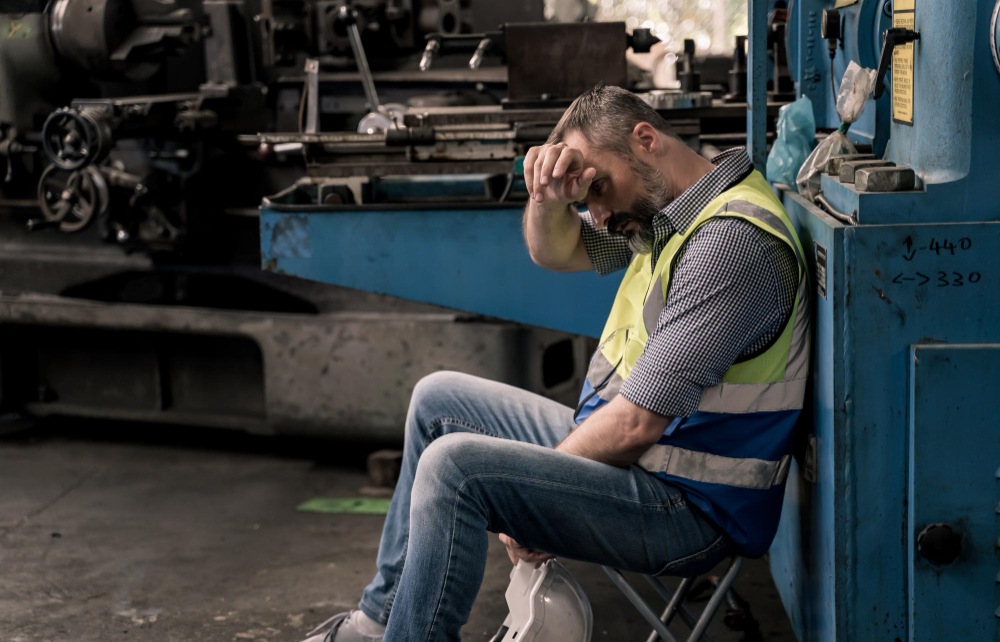Recently, a Chinese manufacturer hired outsourced labor to build a factory in Brazil. However, to their surprise, Brazilian authorities accused the contractor of subjecting workers to conditions analogous to slavery and human trafficking.
The complaint, which generated national and international repercussions, points to degrading working conditions, including exhausting working hours and inadequate accommodation. The Labor Prosecutor’s Office (MPT) mediated the situation and rescued 163 workers with irregular visas, allowing them to return to their country of origin.
From a legal point of view, even though the company has outsourced the service, there is the possibility of indirect liability for the acts carried out by the outsourcer. This liability occurs when an institution fails to exercise due supervision over the outsourced company, especially in relation to compliance with labor regulations.
In addition, the Brazilian Penal Code stipulates that subjecting workers to degrading conditions or exhausting working hours constitutes the crime of work analogous to slavery, which can imply direct or indirect liability for the contractor if they are conniving or negligent.
In Brazil, according to the Ministry of Human Rights and Citizenship, reports of slave labor or labor analogous to slavery reached a record high in 2024, totaling 3,981 cases. This figure represents a 13% increase on the previous year, when 3,461 complaints were registered. According to Justiça do Trabalho, there are an estimated 1.4 million victims of modern slavery in Portuguese-speaking countries.
Brazil ranks 11th in the world with the highest absolute number of victims: the estimated total is 1.05 million people. The figures are most alarming in rural areas, growing consistently since 2021, when the number of victims rescued was once again over 1,000 after seven years.
Brazilian legislation requires companies to ensure specific health and safety conditions in the workplace, determining that the authorities, as well as contractors, are responsible for preventing accidents and overseeing compliance with safety measures.
Negligence in relation to these obligations can lead to joint and several liability, in which all parties are equally responsible, even if there is only a link between the worker and the outsourced company.
Care must begin when drawing up the contract. The inclusion of clauses that ensure compliance with labor standards, combined with ongoing inspections, is essential to avoid problems in the future.
It is also important for companies to be aware of the need for stricter audits. In this way, in situations of non-compliance with standards, Brazilian legislation provides the backing for contracting companies to restrict contracts without major objections.
In addition, it is extremely important to adopt responsible business practices that are certified by local legislation. To mitigate legal and reputational risks, it is essential that companies strengthen their compliance programs, implement rigorous audits in their training chains and invest in effective oversight of outsourced partners. In this way, they can ensure that their contracts comply with ethical and legal standards, preserving their image in the global market.








